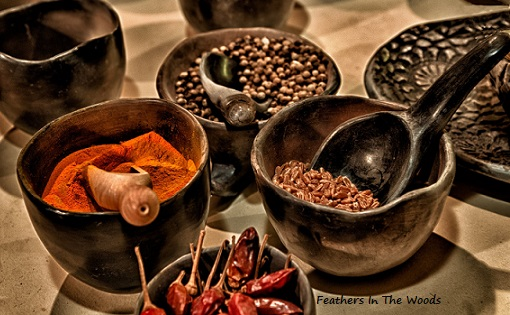
Natural pain remedies
“One aspect of pain you can’t leave out is nutrition,” says Dr. Luckey. ” What we eat is crucial to our health. How we eat can be truly transformational and can either be a sure form of toxins and inflammation, or a sure form of anti-inflammatory, pain reduction and vitality.”
Eating as low on the inflammatory index as you can, eating whole plant foods and avoiding processed foods can all help improve pain from various origins and for various reasons. There are also specific foods that can help reduce pain.
For example, spices like ginger and turmeric are proven pain-reducers. “Ginger has evidence for efficacy for symptoms like menstrual cramps or headaches,” says Dr. Luckey. Turmeric has tremendous anti-inflammatory properties and is similar to ibuprofen. It has been found to be effective for certain types of pain without the potential side effects.”
In addition to these ingestible natural pain remedies, there are also topical applications. Heat and ice are common thermal modalities. “Products like flaxseed oil, which is effective for those with osteoarthritis, are known pain relievers,” says Dr. Luckey. “Food, in general, is a really underutilized piece of a holistic pain reduction strategy.”
Dr. Luckey does have one caveat regarding natural food-related remedies for pain relief: supplements. “I would use caution regarding supplements,” says Dr. Luckey. “I have personally had patients hospitalized with kidney failure from taking supplements they had purchased over the counter and presumed to be safe. Stick to whole-plant, real foods. Usually, substituting supplements for these foods is more costly, less safe and less effective.”